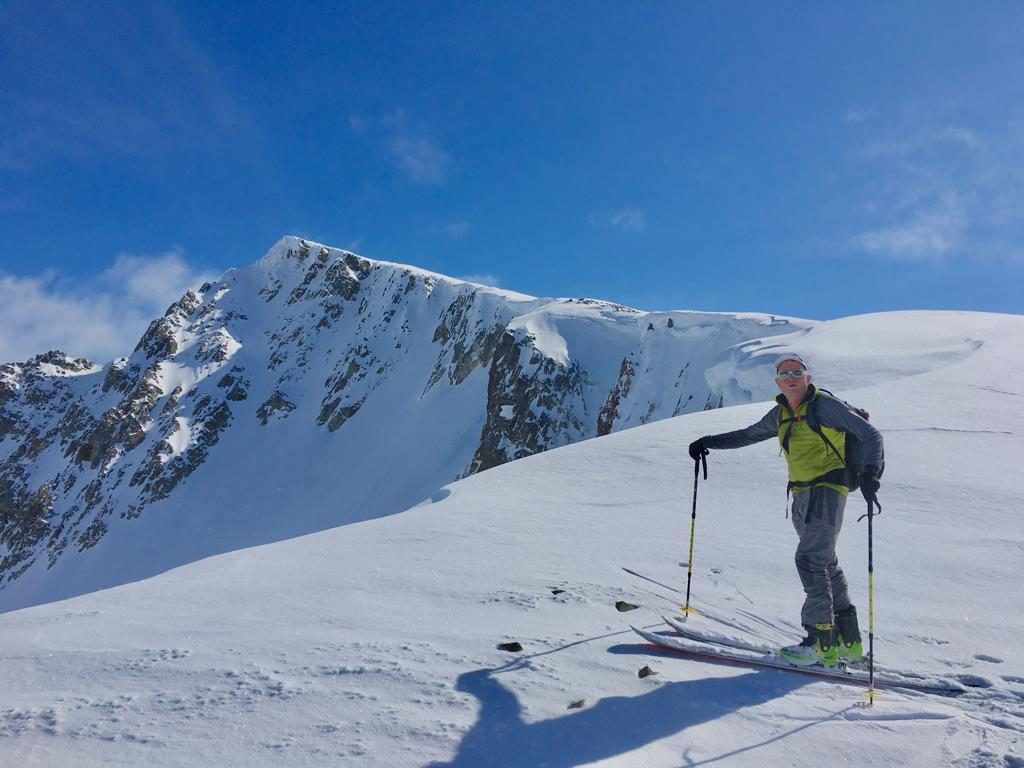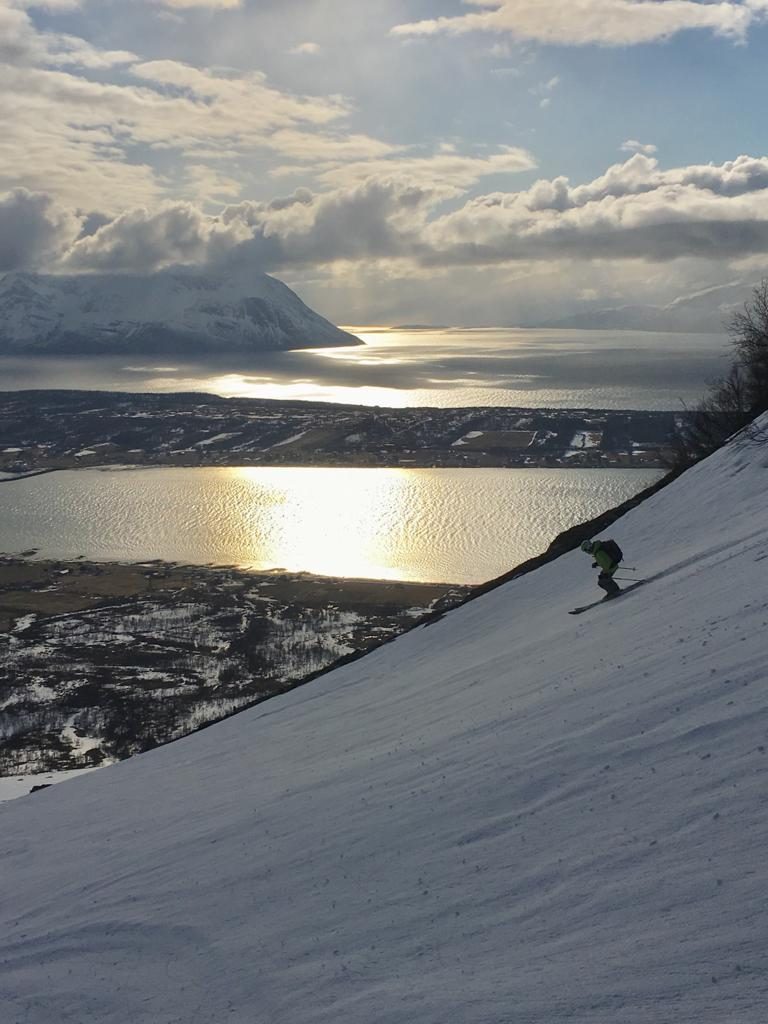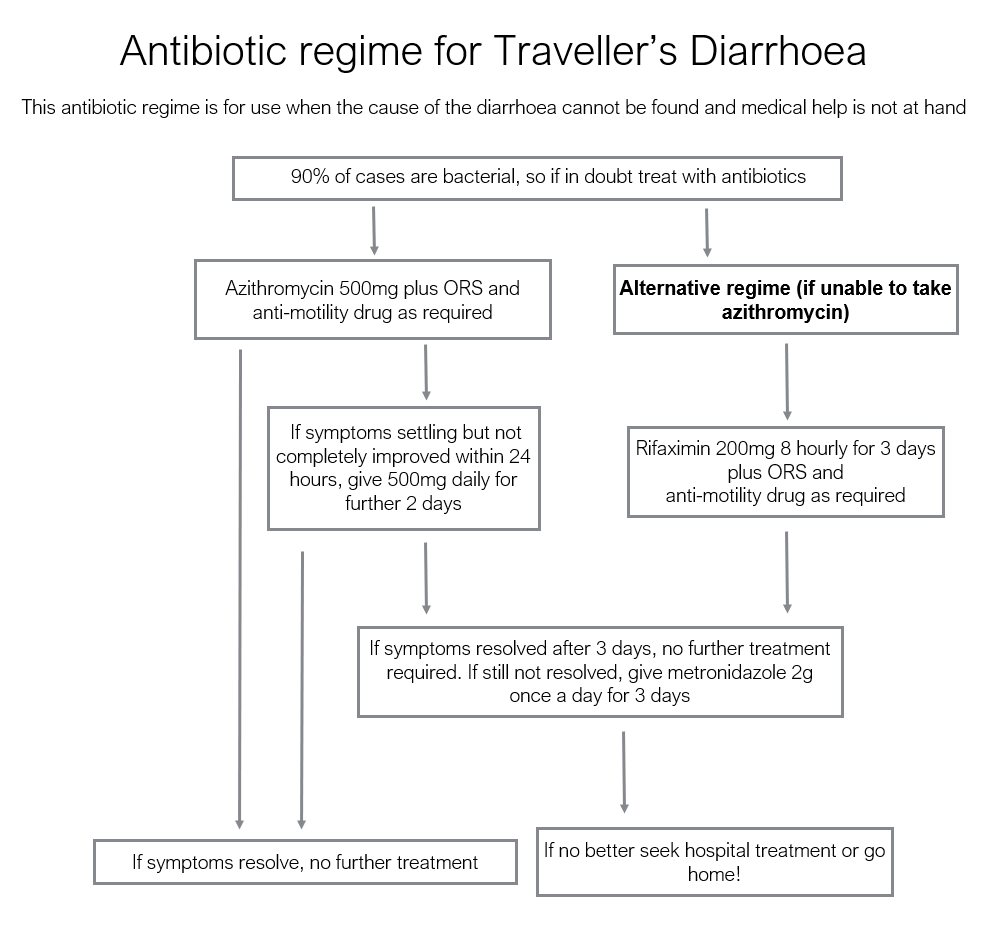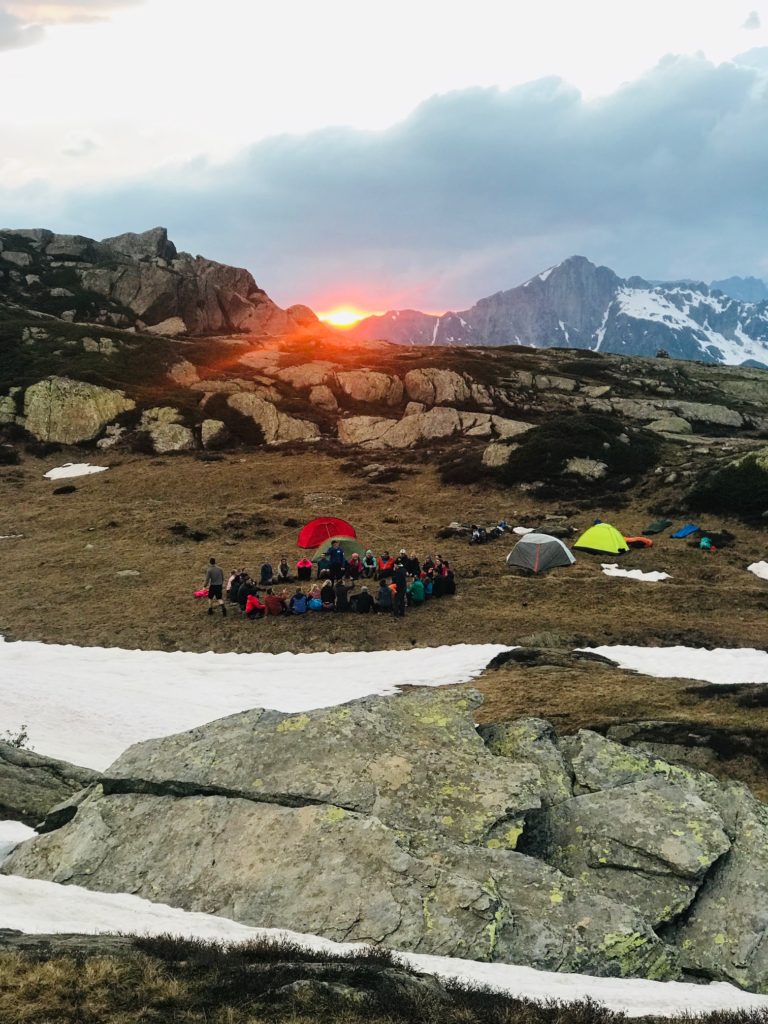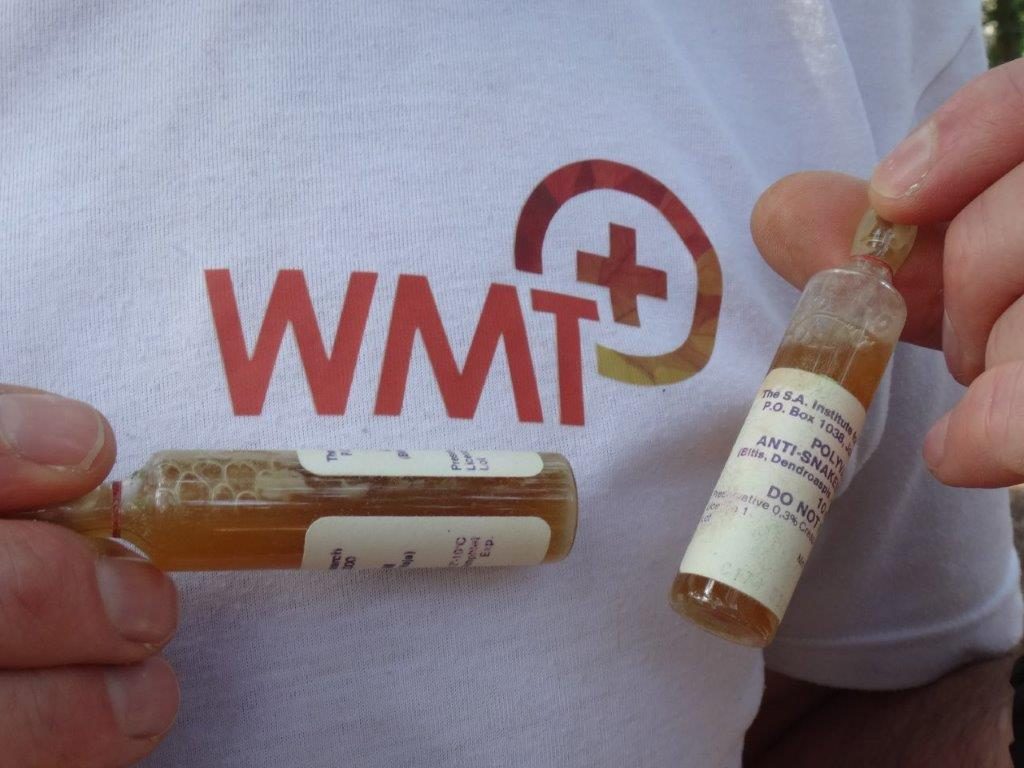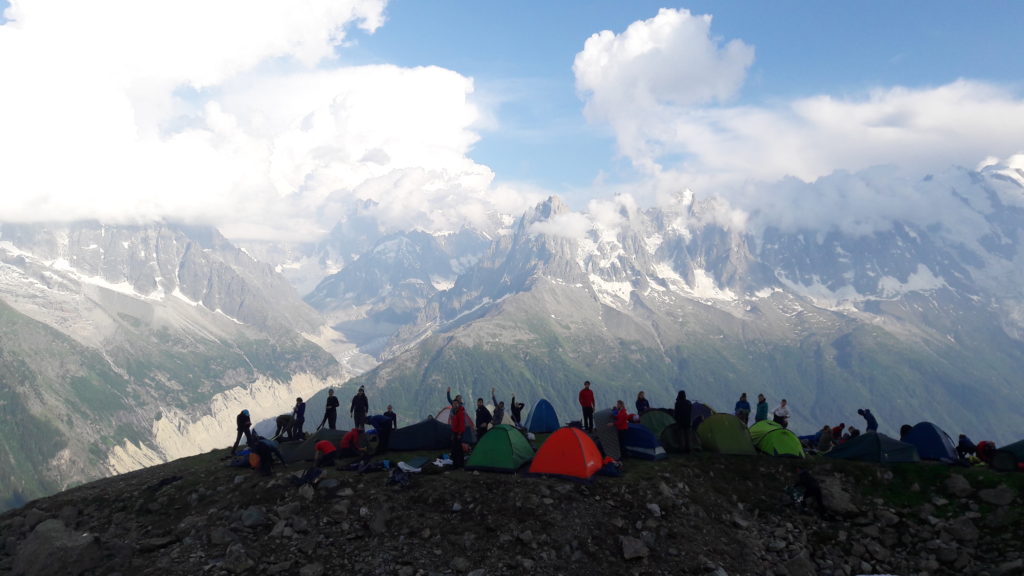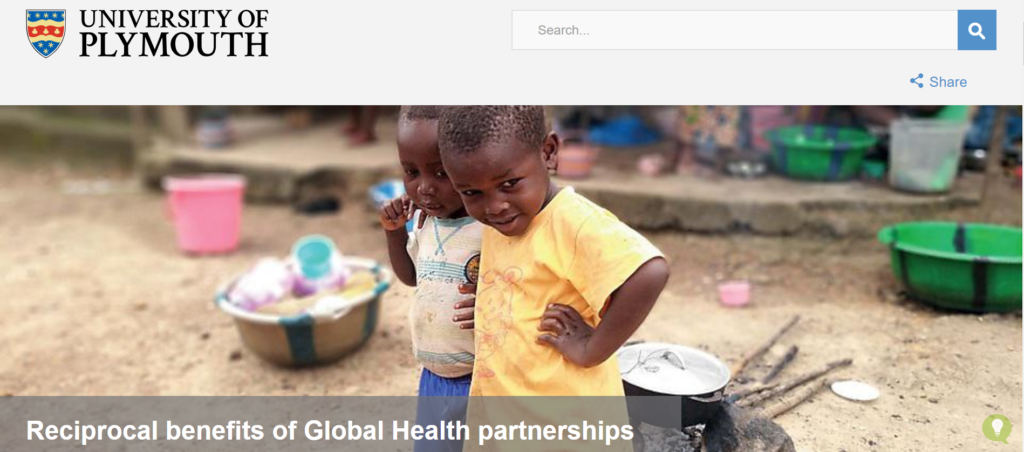In the last newsletter we teasingly mentioned raw plans to run a ski expedition to Norway in 2020 and it’s going ahead!
As WMT approaches a landmark 30 years in operation, we plan to celebrate by offering a range of expeditions to our favourite places to share them with WMT friends and alumni, doctors and lay-students alike.
The first trip we’re announcing is an inaugural guided ski touring expedition to the Tromso area of north Norway. It’s a special destination and this trip includes 6 days on snow for a maximum of 6 participants with 3 staff including an internationally qualified IFGMA mountain guide and ski instructor. Intimate, cosy and relaxed is the theme. No lifts, no crowds and no limit to the beautiful mountain objectives at our feet, all easily accessible by first-class infrastructure that enables awesome sea to summit to skiing. The skiing is more fun and less hard work than in the Alps. Low altitude and more O2 means everyone is stronger from day 1. Eighteen hours of daylight at the end of April means great flexibility to dodge any poor weather. This ski touring trip is open to medics and non-medics alike but we anticipate that most delegates will be medics so we’ll facilitate peer to peer medical training to bolster the CPD value of this event. Participants need to be fit, competent off piste skiers with some ski touring experience who will embrace the group living and catering style of this trip.
As with all WMT events, you can expect stimulating fellow participants, expert and engaging staff, loads of fun and magic mountain moments all wrapped up in the attention to detail and safety that is the crucial to any expedition.
See the Norway web page for this trip or email for a detailed dossier with full details, accommodation photos, example ski routes we might attempt, costs and much more. See how stunning this area is – view this PDF photo album.

